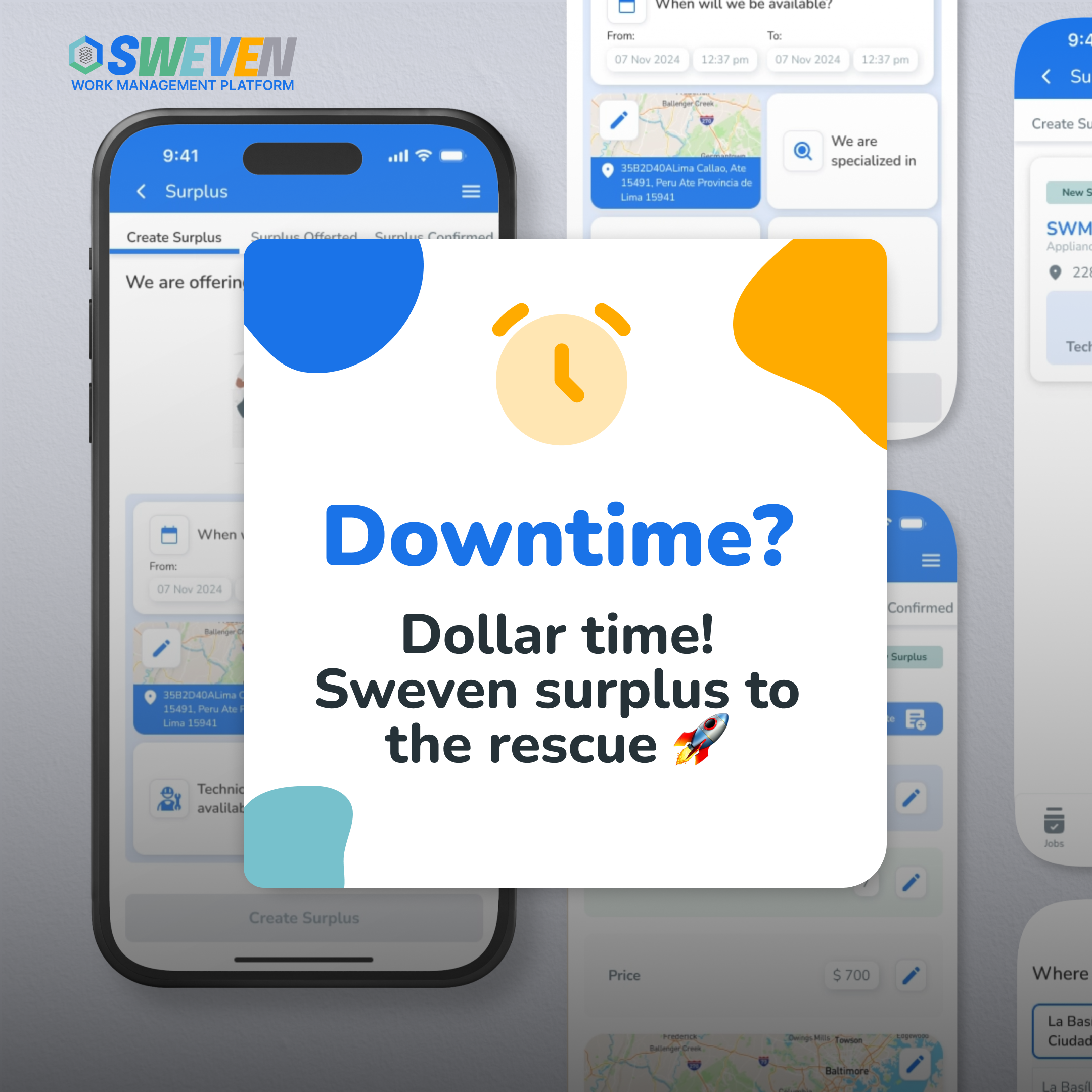Introduction:
In facilities management, strategic vendor relationships are essential for ensuring smooth operations, minimizing downtime, and achieving sustainable growth. Building trust and fostering long-term partnerships with vendors can lead to mutually beneficial outcomes, including improved service quality, cost savings, and innovation. In this blog post, we’ll explore the importance of strategic vendor relationships, key components of building trust, and strategies for cultivating long-term partnerships for sustainable growth in facilities management.

The Importance of Strategic Vendor Relationships:
Strategic vendor relationships go beyond transactional interactions and focus on collaboration, mutual support, and shared goals. By forging strong partnerships with vendors, facility managers can:
Ensure Reliability: Trusted vendors provide reliable service, timely responses to issues, and consistent quality, which are crucial for maintaining smooth operations and minimizing disruptions.
Drive Innovation: Collaborating closely with vendors allows facility managers to leverage their expertise, insights, and resources to drive innovation, implement best practices, and adopt new technologies that improve efficiency and effectiveness.
Achieve Cost Savings: Long-term partnerships with vendors can lead to cost savings through negotiated pricing, volume discounts, streamlined processes, and optimized resource allocation.
Enhance Flexibility: Flexible vendor relationships enable facility managers to adapt to changing needs, scale operations up or down as required, and respond effectively to unforeseen challenges or opportunities.
Foster Sustainability: Sustainable vendor relationships promote environmental stewardship, social responsibility, and ethical business practices, contributing to the organization’s overall sustainability goals.
Building Trust in Vendor Relationships:
Trust is the foundation of successful vendor relationships. To build and maintain trust with vendors, facility managers should focus on the following key components:

Clear Communication: Establish open, transparent communication channels with vendors, including regular check-ins, status updates, and feedback sessions. Clearly communicate expectations, goals, and performance metrics to align objectives.
Reliability and Consistency: Demonstrate reliability and consistency in interactions with vendors by honoring commitments, meeting deadlines, and delivering on promises. Consistent performance builds trust and credibility over time.
Accountability: Hold vendors accountable for their performance, adherence to service level agreements (SLAs), and compliance with contractual obligations. Address issues promptly, fairly, and transparently to maintain trust and resolve conflicts.
Mutual Respect: Treat vendors as valued partners and collaborators, respecting their expertise, perspectives, and contributions. Foster a culture of mutual respect, professionalism, and collaboration to build strong relationships based on trust and reciprocity.
Transparency: Be transparent in business dealings, sharing relevant information, insights, and feedback with vendors. Transparency builds trust and fosters a sense of partnership and shared ownership of outcomes.
Strategies for Cultivating Long-Term Partnerships:
To cultivate long-term partnerships with vendors for sustainable growth, facility managers can implement the following strategies:
Strategic Vendor Selection: Choose vendors that align with the organization’s values, goals, and culture, and demonstrate a commitment to quality, reliability, and innovation.
Invest in Relationship Building: Invest time and resources in relationship-building activities such as vendor meetings, site visits, joint planning sessions, and social events to strengthen bonds and foster trust.
Collaboration and Co-Creation: Collaborate with vendors on problem-solving, process improvement, and innovation initiatives, leveraging their expertise and insights to drive mutual success.
Performance Evaluation and Feedback: Regularly evaluate vendor performance against predefined metrics and SLAs, providing constructive feedback and recognition for achievements. Use performance data to identify areas for improvement and optimization.
Contract Flexibility: Build flexibility into vendor contracts to accommodate changing needs, market conditions, and business priorities. Negotiate contract terms that allow for adjustments, modifications, and scalability over time.
















